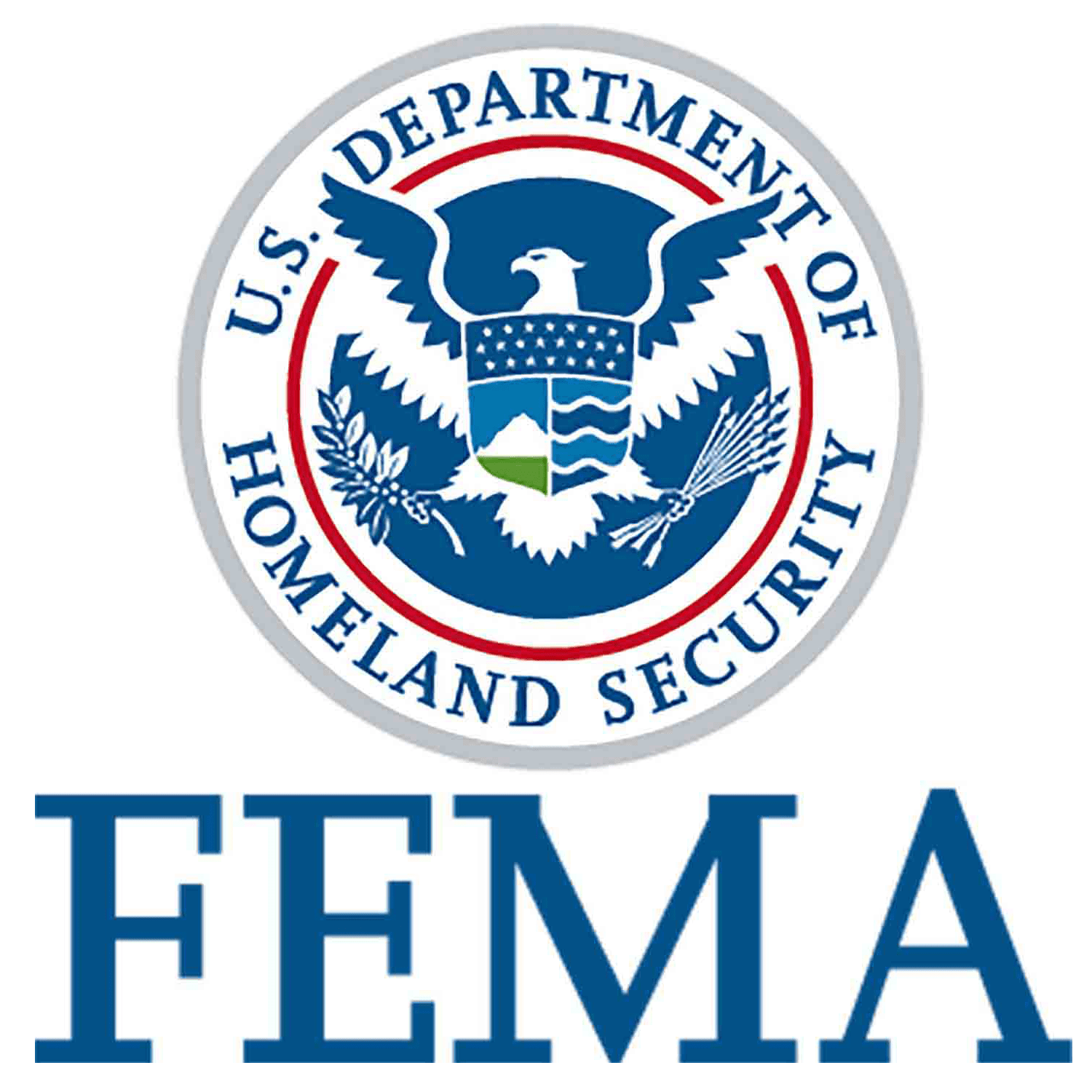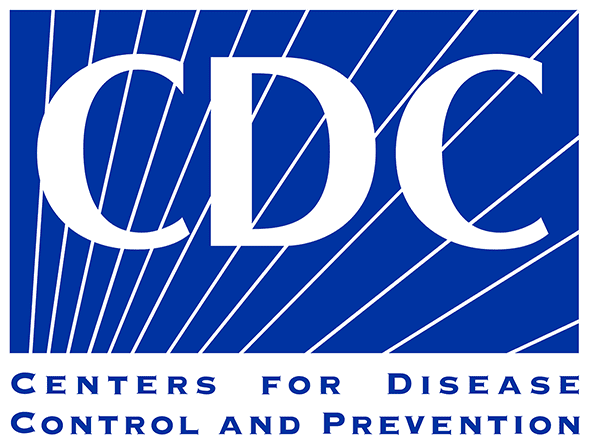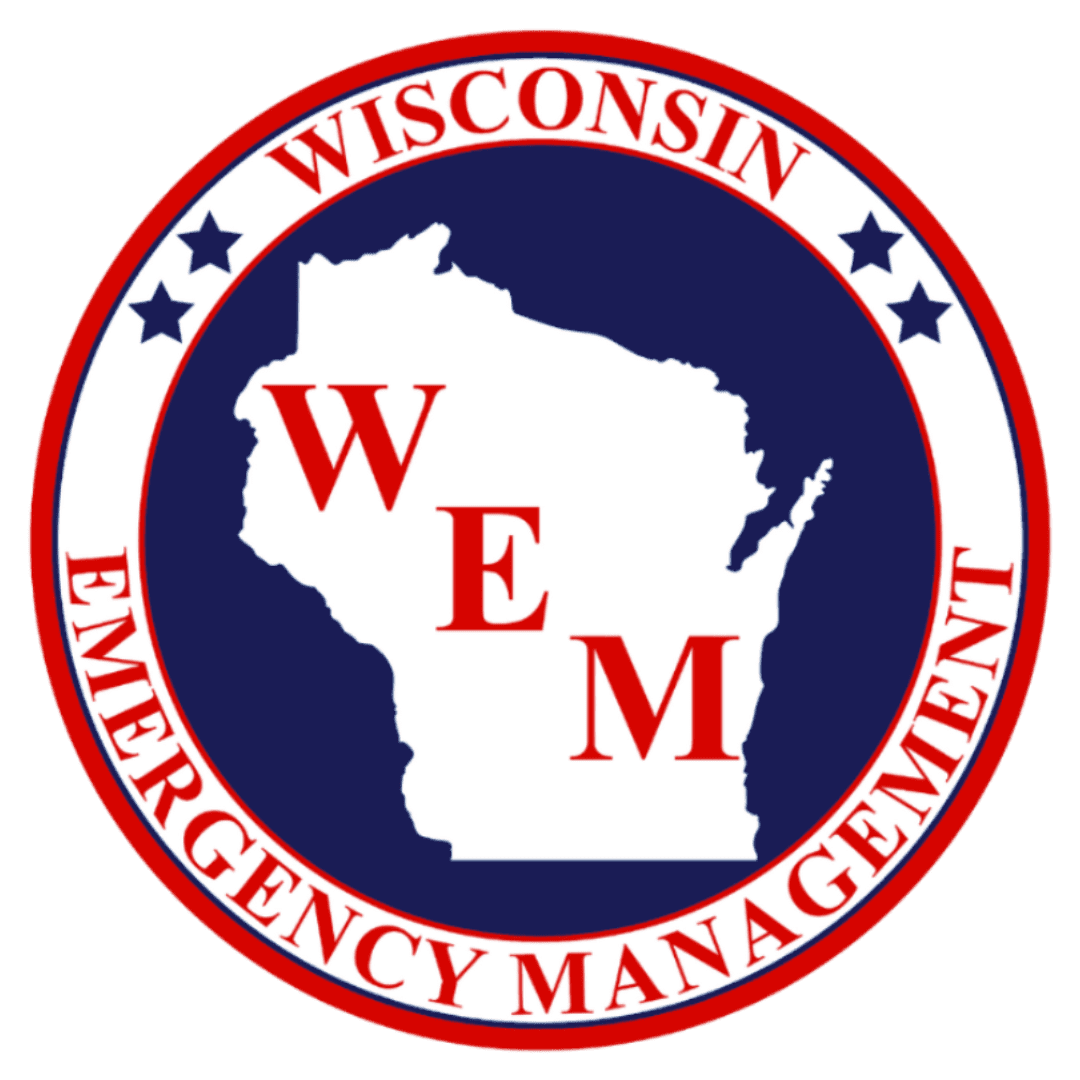If you are an older adult, you may face challenges during an emergency due to mobility issues or if family members or friends are unable to reach you. Older adults may face additional challenges, such as hearing or vision problems or cognitive impairment, which may make it difficult to access, understand, or respond to emergency instructions. Normally available support services may also be limited.
BEFORE AN EMERGENCY

Plan Ahead
Plan how you will communicate if you have a communications need.
EMERGENCY SUPPLY KIT
Include items that meet your individual needs, such as medications, medical supplies, batteries and chargers.
Assistive Devices
Plan how you will have your assistive devices with you during an evacuation.
Important documents
Make copies of Medicaid, Medicare, and other insurance cards.
Transportation
Plan for transportation if you need help evacuating.
Pets and Service animals
Plan for food, water, and essentials for your pets or service animals. Research pet-friendly evacuation centers and shelters.
MAKE A PLAN
Determine any special special assistance you may need and include plans for that assistance in your emergency plan. More detailed information can be found on our disabilities and functional needs planning page.

GET BENEFITS ELECTRONICALLY
A disaster can disrupt mail service for days or weeks. If you depend on Social Security or other regular benefits switching to electronic payments is a simple, important way to protect yourself financially before disaster strikes. It also eliminates the risk of stolen checks. The U.S. Department of the Treasury recommends two safer ways to get federal benefits:
additional resources
FEMA information for older adults:

CDC: Emergency plan form for older adults:

Older Adults Information Flyer (Spanish):

AARP Operation Emergency Prepare:







